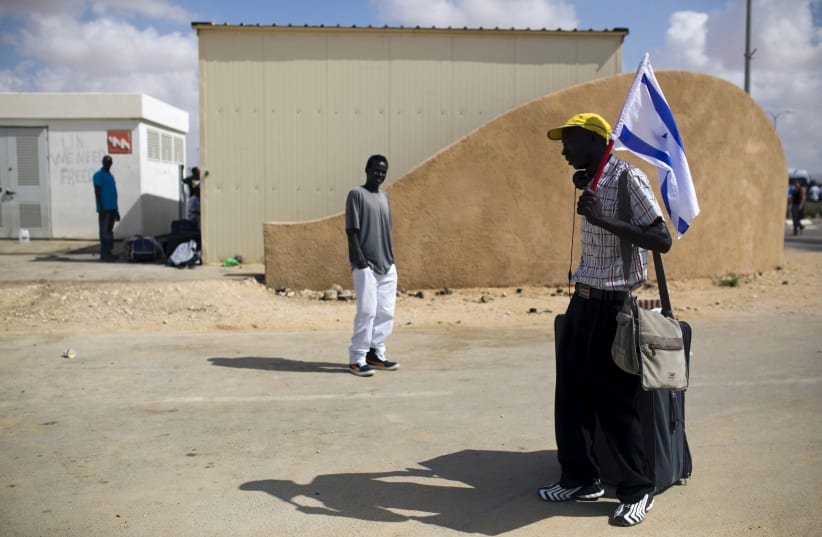A Related Video You May Like:
But the Hotline explained that a large number of these migrants have clearly stamped passports and other documents showing they are from Darfur.In other words, a simple check without resorting to detention pending a more formal interview would suffice to check their statuses.Further, the report said that the interviews do not occur within the 20 days which are promised to the migrants and often do not occur at all if the migrants do not procure a written letter from the Hotline or a court order.The picture painted by the NGO is an attempt to keep within the letter of the state’s commitment while still employing aggressive detention tactics to try to get even Darfurian migrants to leave.The report also sheds light on the treatment of transgender migrants.It says that transgender migrants are often placed in isolation in violation of their rights.The US, England and Canada all have had evolving policies, many of which have been criticized, regarding transgender prisoners, but The Jerusalem Post did not find another example of isolation as a tactic.In addition, the report criticized the small living areas for migrants in the detention centers, saying the issue was especially problematic in light of there being fewer migrants in detention in 2017 than in the past.The report did compliment the authorities on improving access to social workers, to medical care and to access to submitting police complaints against detention guards for roughing them up.Calling detention a tactic of last resort, the Hotline called on the state to release the migrants from detention and use softer tactics to address the issue.Hotline CEO Shirley Rekach said, “For years, Israel has detained people in place of a migrant policy and has refused to give refugee status to those deserving of it or to offer alternatives to detention to candidates for deportation.”She called on the state to reverse course and recognize the reality that many migrants would remain in Israel permanently.
NGO: State detained Sudanese of Darfur until mid-March despite pledge
A recent report also sheds light on the treatment of transgender migrants, who are often placed in isolation in violation of their rights.
